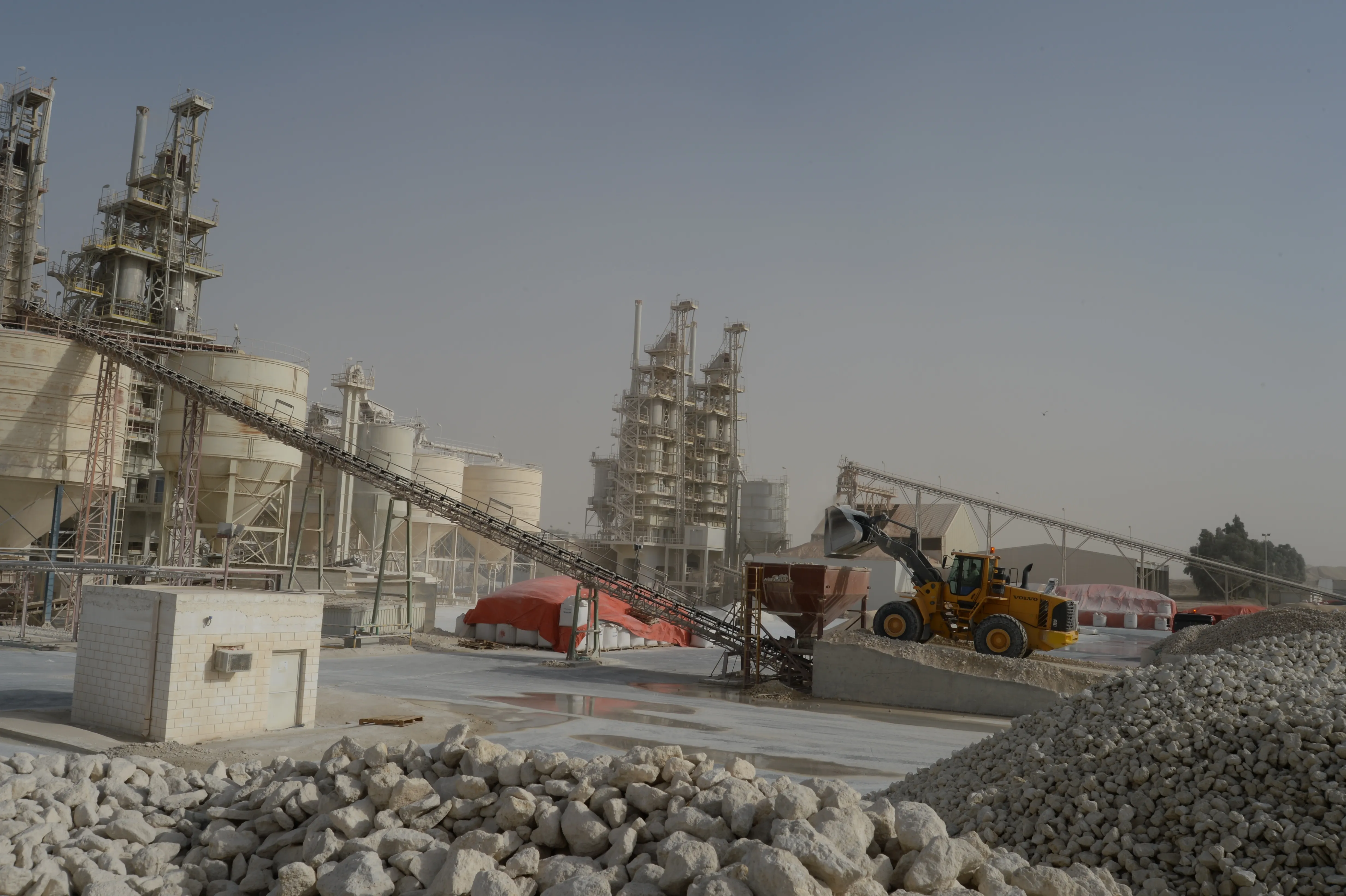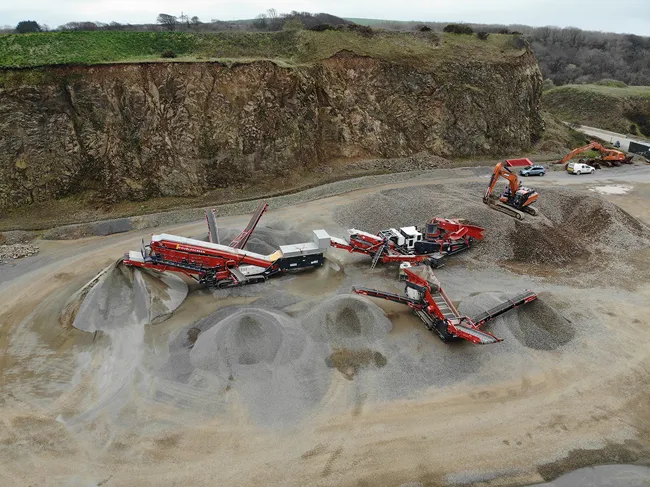
Covering an area of 250,000m², the plant processes 5,000tonnes of material/day and runs its around-the-clock operation seven days/week.
Saudi Dolomite’s crushing and calcination plant produces lime (pure calcium oxide) and dolime (calcium oxide with magnesium content) from limestone rock found in the two quarries it sub-contracts. Volvo BM L150 and Volvo L180F wheeled loaders are used for material handling and loading duties across the site.
Required to work 12-hour shifts, the machines have passed the 50,000 hours mark. Saudi Dolomite also operates 35 Volvo on-highway trucks for shipping in addition to wheeled loaders. The machines were supplied by FAMCO, Volvo CE’s dealer in the region, which also provides the service that helps ensure the uptime needed.







